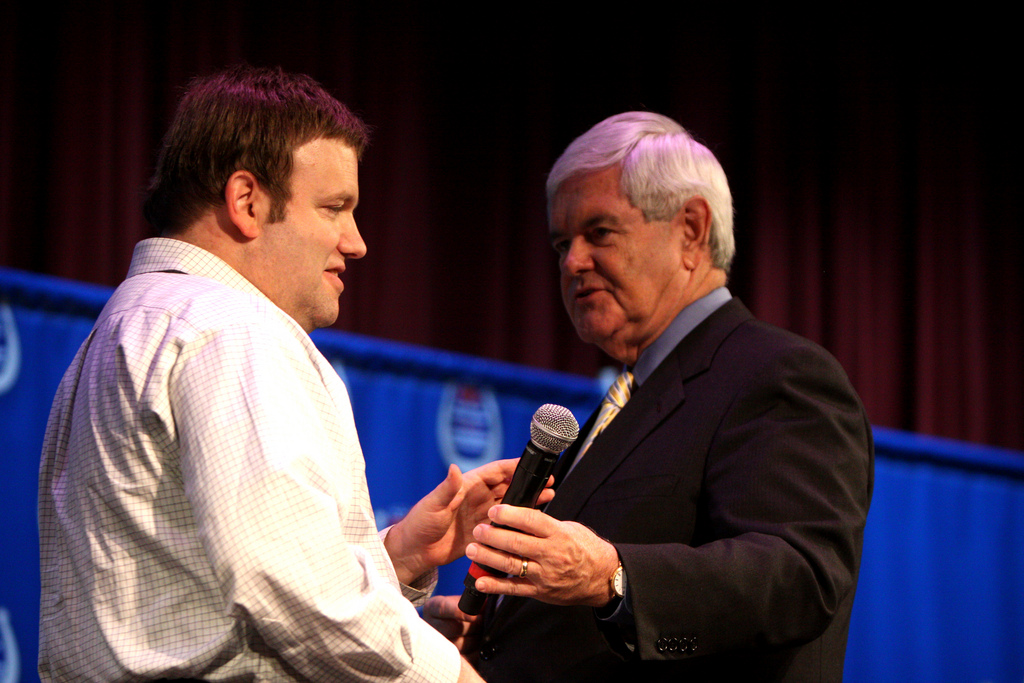It has always been the case that Republicans and Democrats have used different phrases. In the 50th Congress, which began in 1887, if you heard someone talking about the fisheries treaty, it was probably a Republican; if he referred to high tariffs, it was probably a Democrat. (The researchers identified versions of those phrases as among the most partisan phrases of that session.)
But in recent years members of the two parties don’t merely emphasize different topics; they often use different language to refer to the same thing. Democrats refer to the “estate tax” and “tax breaks” while Republicans speak of the “death tax” and “tax relief.”
What has changed? One possibility is that it’s less about political polarization per se, and more about parties that are becoming more disciplined in the art of using language to their advantage.
In the mid-1990s, the consultant Frank Luntz used polling to help congressional Republicans use language to shift debates on key issues to their advantage — and in later years, for example, he pushed for saying “climate change” instead of “global warming.”
Perhaps what the researchers found is really evidence of a technological advance in political communication, of both parties doing more extensive research on messaging and exerting more partisan discipline in keeping all their members using the same language.

